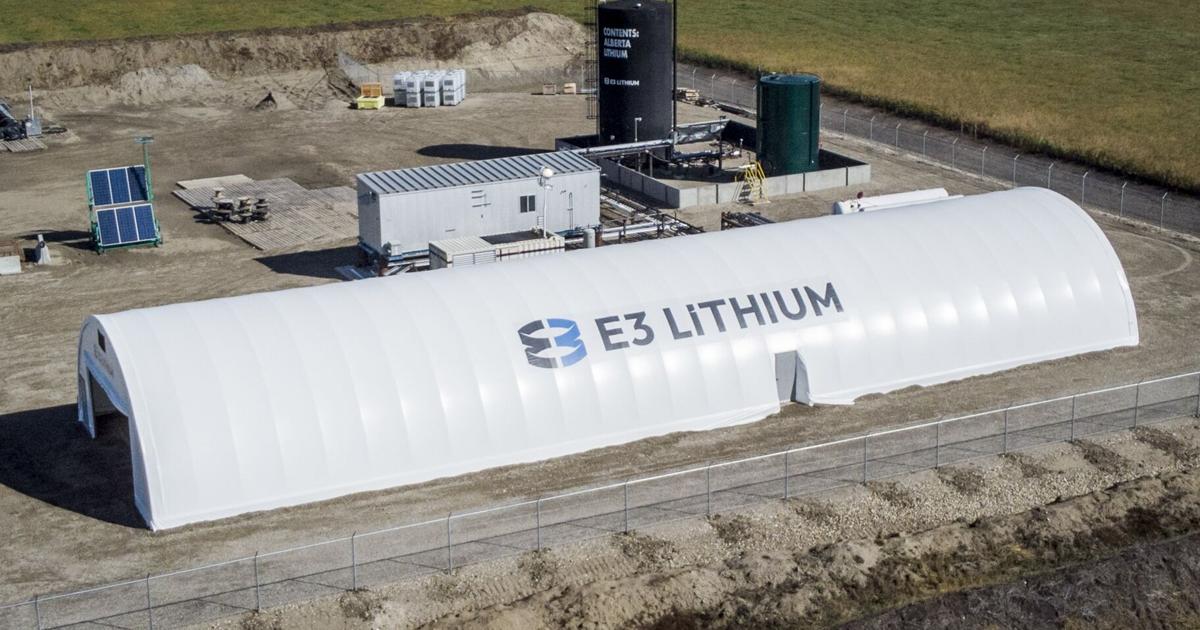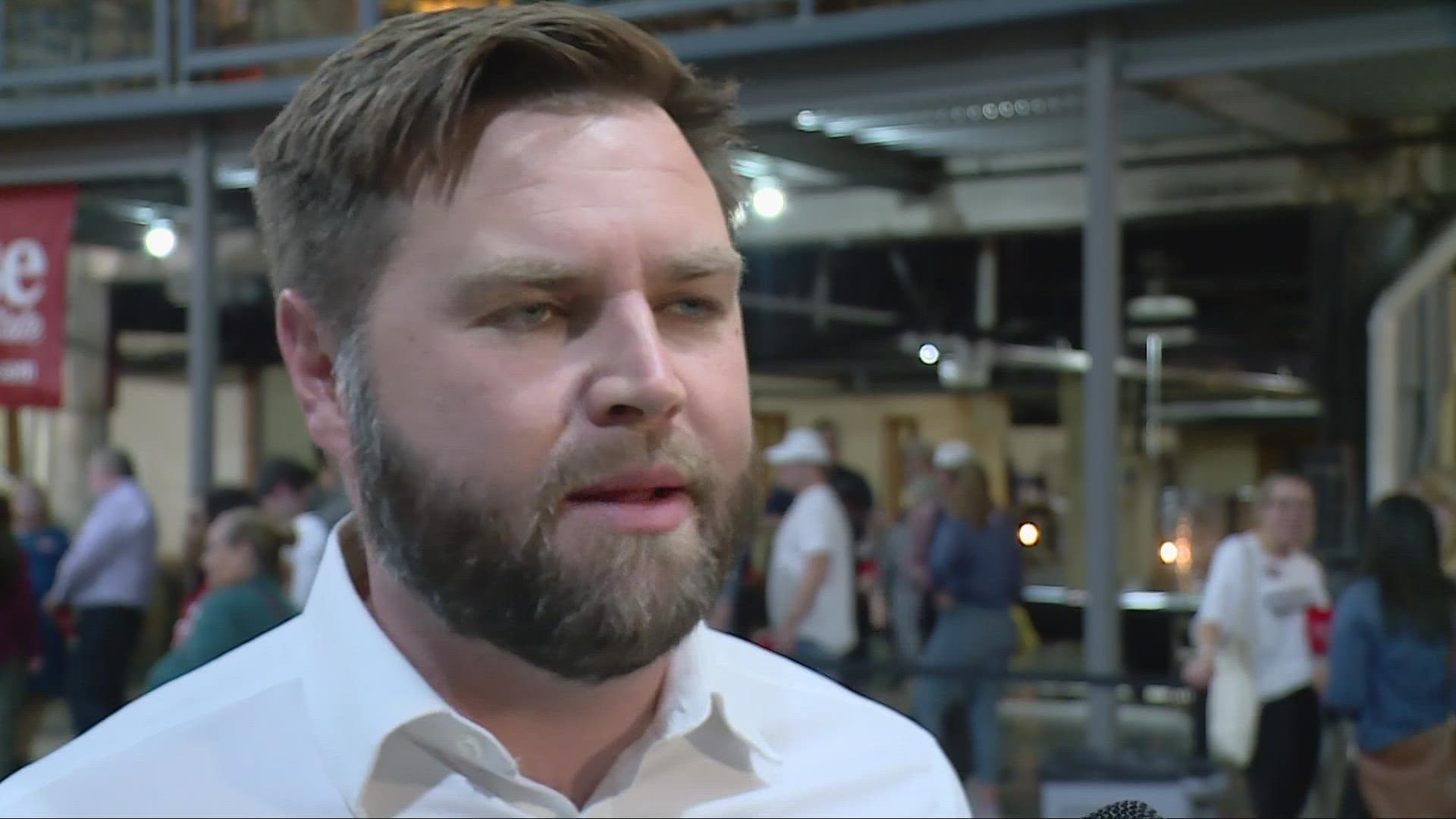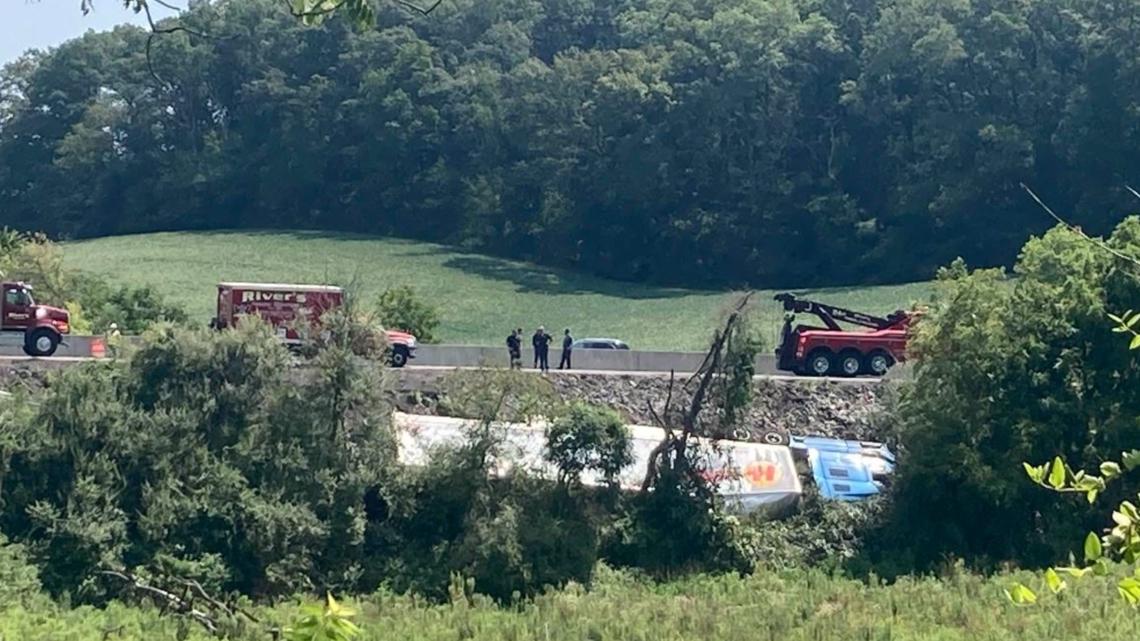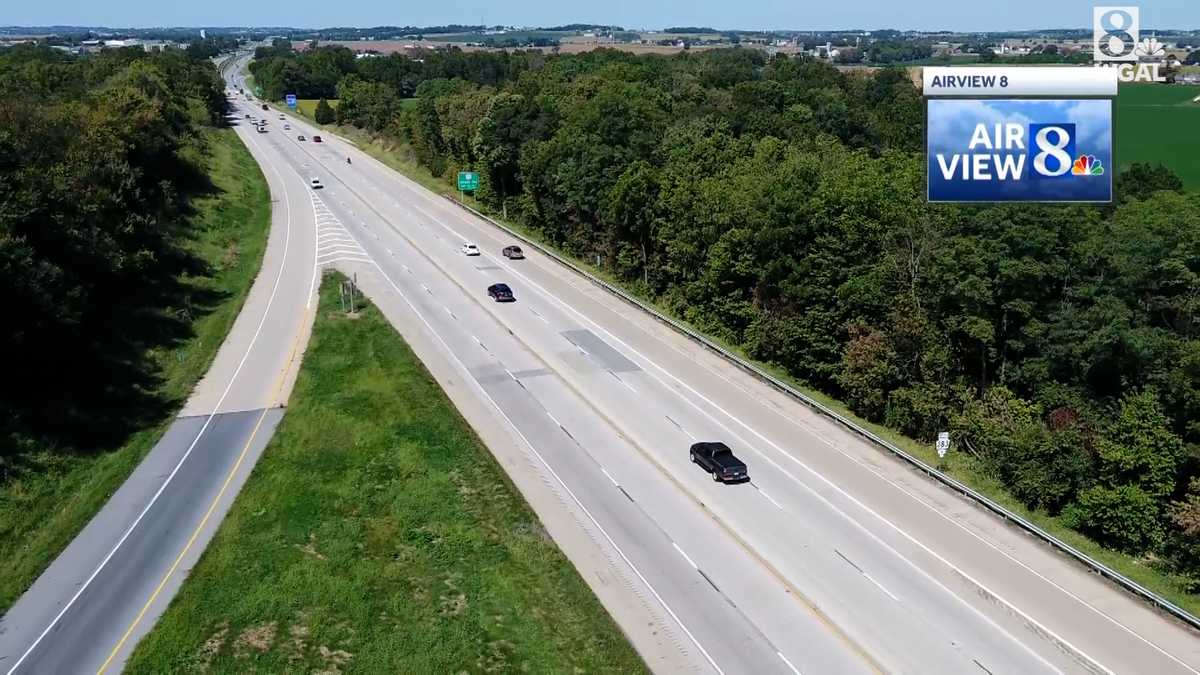Auto Dealers Intensify Opposition To Electric Vehicle Regulations

Table of Contents
Financial Concerns Driving Dealer Opposition to EV Regulations
High upfront costs and uncertainty are central to the financial anxieties of auto dealers facing EV regulations. These concerns are impacting their willingness to embrace the transition to electric vehicles. Key financial hurdles include:
-
High upfront costs associated with EV infrastructure upgrades: Establishing charging stations at dealerships requires significant investment, and the return on this investment is uncertain, especially in areas with lower EV adoption rates. This is particularly challenging for smaller dealerships with limited capital. The costs extend beyond simple charging; specialized tools and equipment for EV servicing represent another substantial expense.
-
Concerns about reduced profit margins on EV sales compared to gasoline vehicles: Currently, the profit margins on EV sales are often lower than those on gasoline-powered vehicles. This is due to a number of factors, including higher manufacturing costs and the lower need for ongoing maintenance. Dealers worry this will impact their bottom line significantly.
-
Lack of trained technicians to service electric vehicles effectively: Servicing EVs requires specialized knowledge and training. The current workforce isn't equipped to handle the specific needs of electric vehicles, creating a need for extensive and costly retraining programs. Finding qualified EV technicians is already becoming a significant challenge.
-
Uncertainty surrounding the long-term viability of EV sales in their market: The success of EVs depends on several external factors, including government incentives, charging infrastructure availability, and consumer acceptance. This uncertainty makes it difficult for dealers to plan for future investments and manage risks.
-
Difficulty in recouping investments in EV-specific training and equipment: The substantial financial investment in EV infrastructure and training might not yield returns quickly enough, especially in areas with slower EV adoption. This financial risk deters many dealers from fully embracing the change.
Concerns about the Impact of EV Regulations on Existing Business Models
The rapid shift to EVs threatens to disrupt the established business model of many auto dealerships, causing significant anxiety and resistance to EV regulations. Their concerns include:
-
Fear that EV regulations will disrupt established dealer networks and franchise agreements: Existing franchise agreements are often structured around the traditional sales model of gasoline vehicles. The shift to EVs could necessitate renegotiations and adjustments that dealers perceive as unfair or disadvantageous.
-
Uncertainty about the future of the used car market for internal combustion engine vehicles: As EV adoption increases, the demand for used gasoline vehicles will likely decline, impacting a significant revenue stream for many dealerships. This transition presents a substantial risk to their existing used car inventory.
-
Concerns about the pace of EV adoption and the potential for oversupply in the EV market: Dealers fear that a sudden surge in EV production could lead to oversupply, resulting in price wars and reduced profitability. A cautious approach to EV adoption is preferred to avoid potential losses.
-
Resistance to changes in sales processes and customer expectations related to EV purchasing: Selling and servicing EVs require a different approach compared to traditional vehicles. The learning curve, coupled with potential shifts in customer expectations, poses a challenge to established sales practices.
Lobbying Efforts and Political Pressure Against EV Regulations
Auto dealer associations are actively lobbying against what they see as overly aggressive EV regulations. They employ various strategies:
-
Automotive lobbying groups are actively lobbying against stringent EV regulations: Powerful lobbying groups representing auto dealers are actively influencing policymakers to soften or delay the implementation of stricter EV mandates.
-
Dealers are leveraging their political influence to advocate for less aggressive timelines for EV adoption: This lobbying includes attempts to slow down the transition to EVs, arguing for gradual implementation to allow for adaptation within the industry.
-
They're pushing for alternative solutions, such as increased investment in hybrid vehicles: Rather than a complete shift to EVs, they are advocating for a more gradual approach, with greater emphasis on hybrid vehicle technology as a transitional solution.
-
They are advocating for more government support for the transition, particularly in addressing their concerns: Dealers are lobbying for financial incentives and government support to mitigate the costs and risks associated with EV infrastructure upgrades and technician training.
The Potential Impact on EV Adoption and the Clean Energy Transition
The opposition from auto dealers has significant implications for the broader clean energy transition and climate change goals:
-
Dealer opposition could slow down the necessary shift to electric vehicles and hinder progress on climate change goals: Delaying widespread EV adoption could significantly hinder efforts to reduce carbon emissions from the transportation sector.
-
The strength of the automotive lobby could lead to watered-down regulations, delaying the benefits of a cleaner transportation sector: Successful lobbying efforts could result in less effective regulations, delaying the environmental benefits of widespread EV use.
-
Successful lobbying efforts may negatively impact the development of EV infrastructure and consumer adoption: Reduced investment in charging infrastructure and training programs, due to lobbying efforts, can create obstacles for consumers and further hinder EV adoption.
Conclusion
The intensifying opposition from auto dealers to electric vehicle regulations presents a significant hurdle for the transition to cleaner transportation. Their financial concerns, anxieties about business model disruptions, and active lobbying efforts could significantly impact the pace of EV adoption and broader clean energy goals. Understanding the dealers' perspectives and addressing their concerns are crucial for policymakers.
Call to Action: Understanding the complexities of the auto dealers' opposition to EV regulations is crucial for policymakers and consumers alike. Further dialogue and collaborative solutions are needed to address these concerns and ensure a smooth and effective transition to a future powered by electric vehicles. Let's engage in a constructive conversation about finding sustainable solutions that balance economic interests with the pressing need for electric vehicle adoption and effective EV regulations. We need to find a path forward that supports both the industry and the urgent need for a cleaner environment.

Featured Posts
-
 Dutch Central Bank To Fine Abn Amro Bonus Scheme Under Scrutiny
May 22, 2025
Dutch Central Bank To Fine Abn Amro Bonus Scheme Under Scrutiny
May 22, 2025 -
 New Peppa Pig Theme Park Your Texas Family Vacation Destination
May 22, 2025
New Peppa Pig Theme Park Your Texas Family Vacation Destination
May 22, 2025 -
 Hellfest 2024 Profitez De La Nouvelle Brasserie Hell City A Clisson
May 22, 2025
Hellfest 2024 Profitez De La Nouvelle Brasserie Hell City A Clisson
May 22, 2025 -
 The Funniest White House Moments Trump The Irish Pm And Jd Vances Socks
May 22, 2025
The Funniest White House Moments Trump The Irish Pm And Jd Vances Socks
May 22, 2025 -
 Chay Bo Lien Tinh Hon 200 Nguoi Tu Dak Lak Den Phu Yen
May 22, 2025
Chay Bo Lien Tinh Hon 200 Nguoi Tu Dak Lak Den Phu Yen
May 22, 2025
Latest Posts
-
 Interstate 83 Closed After Produce Truck Accident
May 22, 2025
Interstate 83 Closed After Produce Truck Accident
May 22, 2025 -
 Produce Truck Rollover Shuts Down Part Of I 83
May 22, 2025
Produce Truck Rollover Shuts Down Part Of I 83
May 22, 2025 -
 Produce Hauling Truck Accident On Interstate 83
May 22, 2025
Produce Hauling Truck Accident On Interstate 83
May 22, 2025 -
 Fed Ex Truck Inferno Shuts Down Route 283 In Lancaster County
May 22, 2025
Fed Ex Truck Inferno Shuts Down Route 283 In Lancaster County
May 22, 2025 -
 Route 283 Closed Due To Fed Ex Truck Fire In Lancaster County Pa
May 22, 2025
Route 283 Closed Due To Fed Ex Truck Fire In Lancaster County Pa
May 22, 2025
